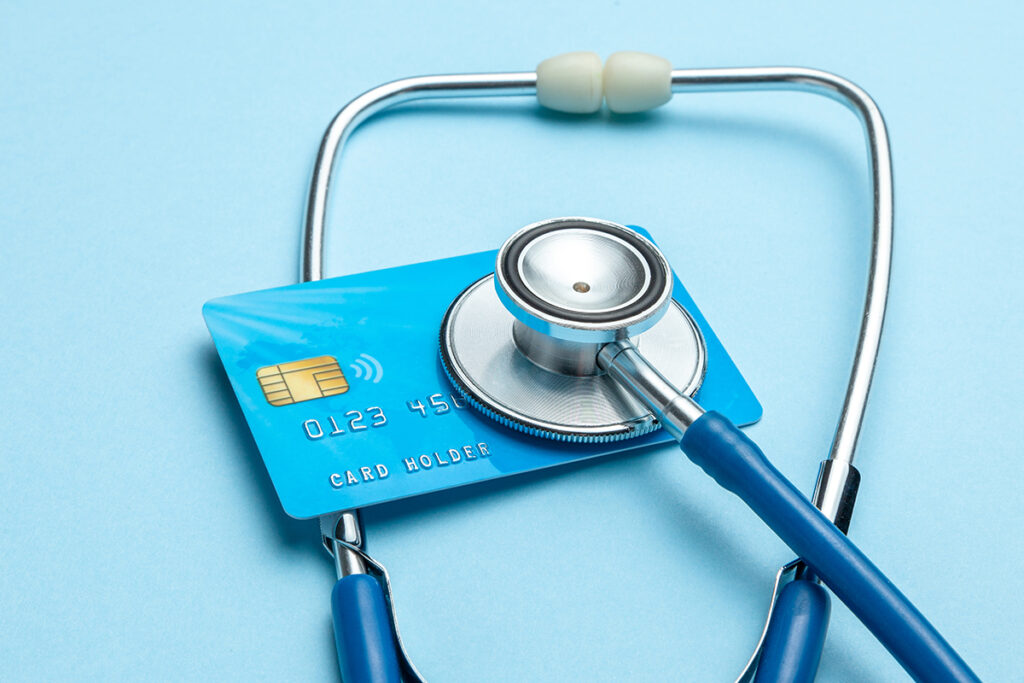Introduction
Fifty million individuals in the US have a financing plan to pay off medical or dental bills, with one-quarter of plans bearing interest.1 These plans are administered by hospitals, physician practices, or third-party companies. Medical payment products (MPPs) in the form of credit cards and loans by third-party financers have been scrutinized by the Consumer Financial Protection Bureau, the US Department of Health and Human Services, and the US Treasury because they may sidestep a range of patient and consumer protections and inflate medical bills with financing costs.2 MPPs are typically structured so that medical bills are paid upfront by the financer and patients pay off debt over time. MPPs may introduce consumer protections concerns when patients are marketed high interest financing in lieu of aid or interest-free payment plans. This cross-sectional study describes the prevalence and characteristics of hospital-promoted MPPs, distinguishing those bearing interest, among a nationally representative sample of hospitals.
The full study can be viewed at JAMA Health Forum.
Randall, S., Wong, N., Rohrer, J., Nguyen, N. L., Trish, E., & Duffy, E. L. (2024). Prevalence of medical payment products promoted on US hospitals’ websites. JAMA Health Forum, 5(3), e240231–e240231. https://doi.org/10.1001/jamahealthforum.2024.0231
Sign up for Schaeffer Center news

